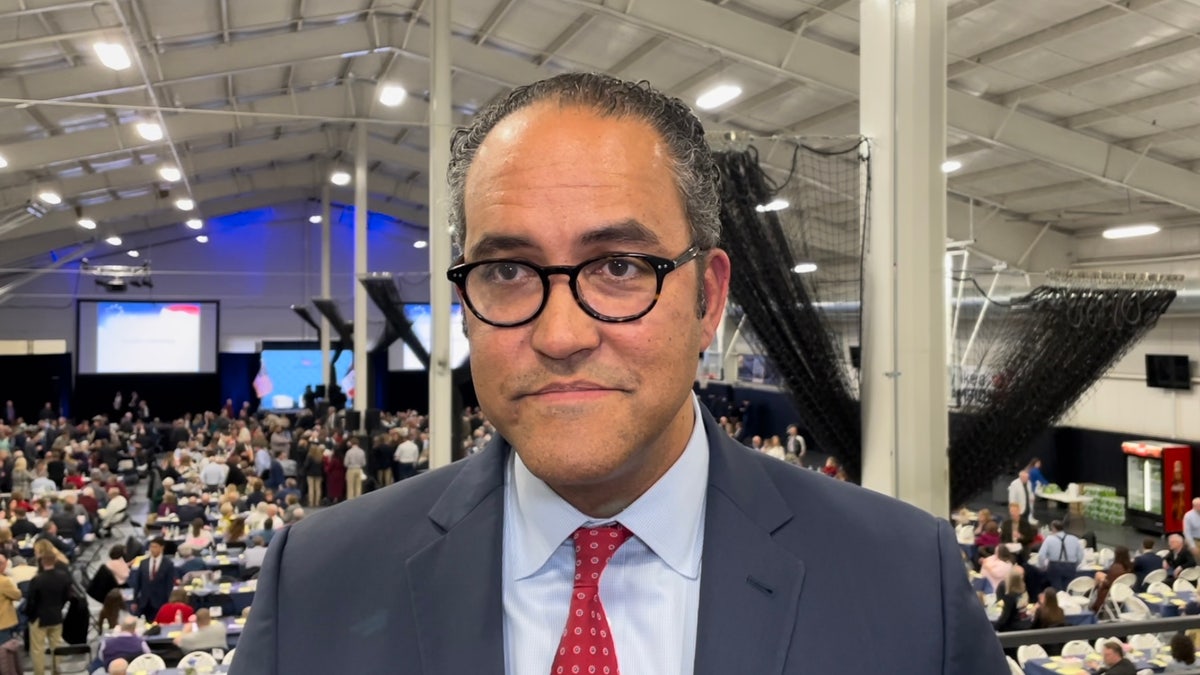A Dutch court has found a man guilty of aiding at least ten suicides by providing lethal substances and instructions. This case challenges the boundaries of the Netherlands' right-to-die legislation. The man, identified as Alex S., distributed these substances to over 1,600 individuals before his apprehension. He initially acquired the drugs online for personal use, according to the East Brabant District Court.
Alex S. firmly believes in an individual's autonomy over their life and death, expressing dissatisfaction with current government policies on the matter, the court noted.
The Netherlands was the first country to legalize euthanasia in 2002, permitting physicians to end a patient's life under specific, regulated circumstances. This can involve administering a lethal dose or providing the patient with the means for self-administration. However, assisted suicide, where someone other than a physician provides the lethal substance, remains illegal.
This conviction sparks renewed debate about end-of-life choices for those who don't qualify for euthanasia under the current law. A similar discussion arose late last year when a Hague court upheld the ban on assisted suicide, facing opposition from activists who argue it restricts their right to self-determination.
The 30-year-old convict received a three-and-a-half-year sentence, with 18 months suspended, meaning he will only serve that portion if he re-offends.

The court criticized Alex S. for disregarding the value of human life and undermining the established euthanasia law. He also misrepresented the drug as causing a painless death, whereas relatives of some buyers witnessed distressing and agonizing deaths, contradicting his claims.
While acknowledging the ongoing public discourse on end-of-life decisions, the judges emphasized the importance of upholding laws within a democratic framework, even for those who disagree with them. They concluded that the suspect bypassed legal procedures and prioritized individual autonomy over existing regulations.








